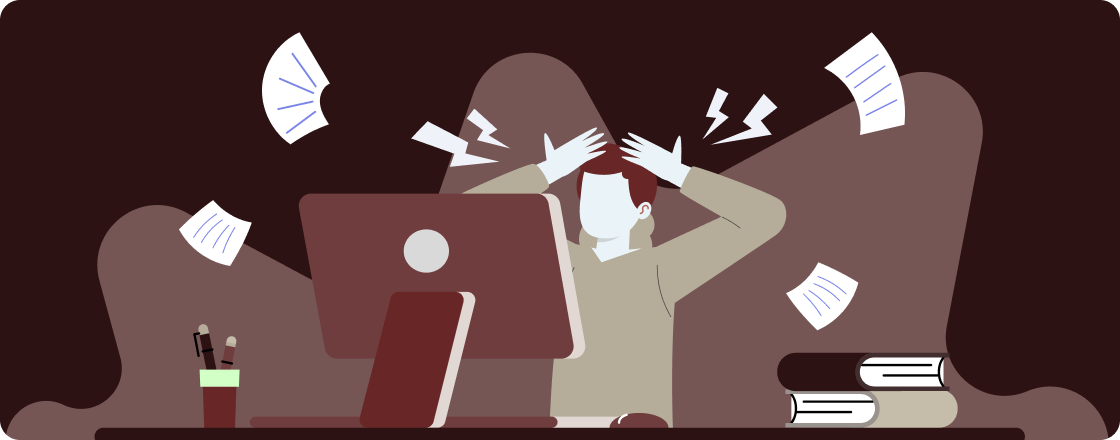Mental Health
Sleep Loss & Mood Swings: Why Teen Insomnia Is More Than ‘Just a Phase’—And What Parents Can Do Before It Turns Into Major Depression
Obsessive Today, Impulse Tomorrow: How OCD and Impulse-Control Issues Present in Teens
From Burnout to Breakdown: Recognizing and Responding to Academic Pressure, Anxiety & Perfectionism in Teens
When Teens Turn to Chatbots Instead of People: The Hidden Risks of Digital ‘Support’ for Mental Health
Screen Time, Sleep, and Mood: How Excessive Device Use Is Fueling Anxiety and ADHD in Teens
The Truth About Teen Self-Harm: What Parents Need to Know and How to Respond Safely
When Depression Looks Like Laziness: Helping Parents Recognize Hidden Symptoms in Teens
Why Early Intervention Matters in Adolescent Mental Health
How Adolescents Symptoms Can Look Different
EPs and Mental Health: Advocating for Success
Balancing Treatment and Education
From Conflict to Connection: Rebuilding Family Bonds
The Role of Family in Adolescent Recovery











